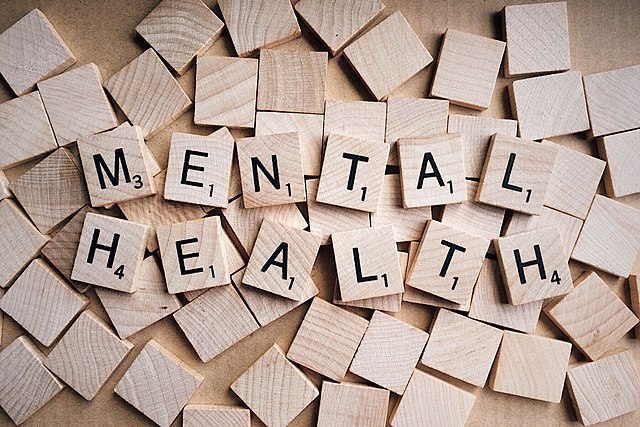Op-Ed: Observing Suicide Awareness Month
Reaching out when you are struggling can be extremely difficult, but always know that there are options and people out there to help you.
Suicide is the second leading cause of death amongst youth aged 10-24 in the world, according to the Centers for Disease Control and Prevention (CDC). For every suicide, there are approximately 20 other people out there planning to take their own lives, and many more with thoughts of it. Each day, countless people are in danger of crumbling under their own grief and taking their lives.
To acknowledge and support the people struggling with thoughts of suicide or those recovering from suicide attempts, September was declared National Suicide Prevention and Awareness Month in 2008.
Since then, September has been a time to remember those lost, help those who need emotional support, and raise awareness across the nation.
September is also a time to support those who lost someone to suicide; they need just as much support and awareness as well. Be mindful of your words and try to reach out to those you know are suffering. People struggling might not always show how they feel.
Take it from Director of Health Services School Nurse Beth Escobar, who makes sure to emphasize the fact that one’s “inner world” does not equal their “outer world.”
“Please, always check in on your loved ones—do not assume you know how they feel based on how they look,” Escobar said.
Unfortunately, there is a specific group that is visibly susceptible to suicide. 18% of all high school students in the US and 45% of all LGBTQ+ youth take their own lives each year, according to the CDC and The Trevor Project. During the COVID-19 pandemic, it became an even bigger struggle to keep our minds healthy and happy, and as a result, we saw an increase in suicide in the youth population once again.
Causes of this vulnerability can be feeling hopeless or socially alone, having a family history of mental illness, and being LGBTQ+ whilst your family is unsupportive of you. It can affect anyone regardless of background.
This is why Suicide Awareness Month is so incredibly important.
The month provides support and options to young kids who often at times resort to suicide as a result of feeling alone and unloved. It makes them know that they are cared about, and there are resources and people out there determined to help them.
Reaching out when you are struggling can be extremely difficult. Always know that there are options and people out there to help you. Have the courage to speak up.
CRISIS RESOURCES
- If you or someone you know is experiencing a mental health crisis, call or text 988 immediately.
- If you are uncomfortable talking on the phone, you can chat with the Suicide & Crisis Lifeline at 988lifeline.org
- You can also text NAMI to 741-741 to be connected to a free, trained crisis counselor on the Crisis Text Line.
























































